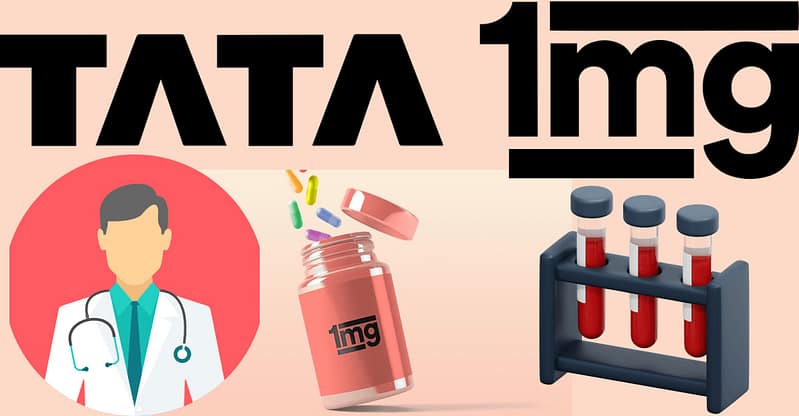Dalit organisations have always been against granting Scheduled Caste status, and hence reservation advantages, to Dalits who have converted to Christianity and Islam.
On Thursday, 1st August, several organisations in Kerala continued to protest against granting benefits to people who have converted. They were voicing their dissent at the public hearing led by former Chief Justice of India K.G. Balakrishnan’s commission, which is hearing whether Dalit converts to religions other than Sikhism or Buddhism should be granted SC status
Justice Balakrishnan, who declined to speak with the media, was joined by commission members Ravindar Kumar Jain and Sushma Yadav.
The Kerala Pulayar Maha Sabha (KPMS) maintained that converted Dalits were in a considerably better educational, financial, and social position than SC communities, and hence there was no question of including them in the 10% reserve (8% for SC and 2% for ST).
“However, we are not opposed to reservation for them, which can be established separately as was done for economically disadvantaged sections of forward communities,” KPMS added.
“Even now, meritorious groups that are still backward are not receiving full reservation benefits,” Suresh Kumar, district president, and Devaraj Devasudha, district committee member of KPMS, informed The Hindu as they came out from the hearing, which was not open to the media.
Notably, this is the second meeting held by the commission. The first hearing in this case was held in Thiruvananthapuram.
M.T. Sivan, state president of KPMS, proposed removing the Pulayar group, which he said was dominating among SCs in Kerala, from the 8% reservation for SCs, and creating an exclusive 5% reservation for the community through a constitutional amendment. “We have no problem in bestowing SC status on converted Dalits and extending them benefits under 8% reservation once this is done,” stated Sivan.
Meanwhile, Nisha Rajesh, general convener of the SC/ST Federation, stated that Dalits who sought better pastures could not be granted SC status just to receive reservation advantages. She added that it would be unfair to those who remained within the Dalit community and endured all of the persecution and hardships.
“There is a hidden political agenda behind the demand of converted Dalits for SC status. They eye to corner the benefits of Dalit political mobilisation, including candidature during elections, on account of their much better financial and official status despite the fact that there is no statistics about the population of converted Dalits,” she was quoted as saying.
“Even the prevalent reservation benefits for SCs are being denied during admissions when institutions insist on payment of huge amounts even to accept applications. The new generation among the SC communities hardly ever question it,” he remarked.
The concern stems from a Presidential Order issued in 1950. Paragraph 3 of that ruling outlined that only individuals who practice Indic faiths – Hindus, Sikhs, and Buddhists – would be considered Scheduled Castes. Those who convert to Islam or Christianity after leaving Hinduism would not be eligible for the same benefits. The 1950 ruling was reaffirmed several times whereby the High Court and the Supreme Court of India reiterated the same position.
However, the Congress government initiated a political campaign in 2004 to extend reservation to Dalit Christians, promising to include them in Scheduled Castes if elected. This cycle was repeated in the 2021 Telangana elections where Congress had promised quotas for “backward Muslims” and inclusion of Dalit Christians in Scheduled Castes.
The same issue appeared in 2024 with the Supreme Court
asking the Modi government to respond to a plea that said those Dalit Hindus converted to Christianity or Islam should be given the same reservation benefits as extended to the SC category.
Reservations for Scheduled Castes (Dalits) were granted due to their economic and social backwardness. The Economic Weaker Section (EWS) reservation handles economic backwardness, so additional reservations based on identity change could encourage Hindus to convert. 70% of Indian Christians are Dalit converts and are demanding additional benefits.
Any reservation granted to “Dalit Christians or Muslims” would be a travesty of justice to those who remained true to their ancestral and dharmic traditions. Not only that, but it would serve as an incentive for missionaries to convert more Hindus by offering inducements and false promises while retaining their reservation benefits.




















